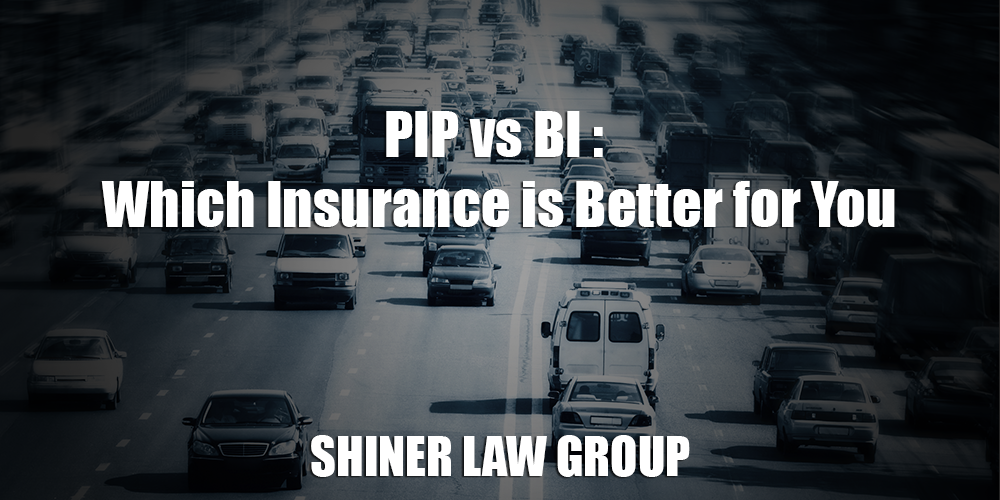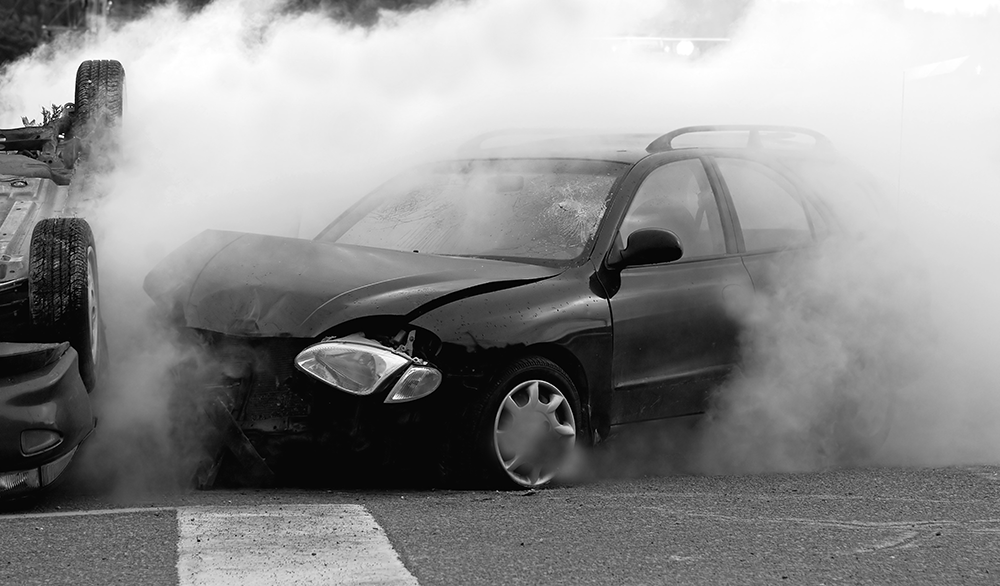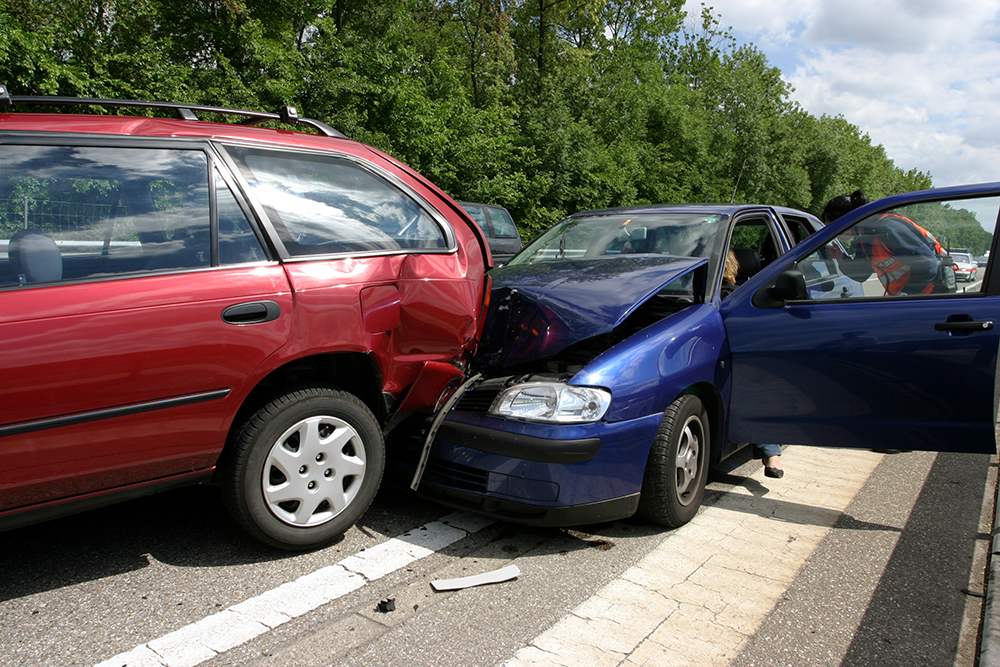Florida State Legislators are currently considering getting rid of the mandatory Florida personal injury protection (‘PIP”) insurance state requirements, sometimes referred to as “no-fault” insurance. Since 1972 Florida has required Florida motorists to carry PIP insurance, however, Florida drivers are not required to have bodily injury insurance, which leaves most drivers under covered in case of an accident.
The personal injury lawyers at Shiner Law Group have discussed the benefits of keeping the mandatory PIP requirement vs going to the mandatory BI coverage and have provided our thoughts for you below.
What is PIP Insurance
First, PIP insurance stands for personal injury protection and is mandatory under Florida law. Specifically, the Florida Statutes that address personal injury protection requirements, etc. are found under Chapter 627 and specifically, Florida Statutes Section 627.736. After an accident a driver covered by PIP insurance has the coverage to pay for limited medical bills and lost wages for the driver, passengers in the driver’s car as well as the other vehicle and passengers of that car, even if the motorist was at fault.
If the other driver does not have any insurance, your own insurance is required to pay for your injuries. However, without having mandatory BI insurance coverage the no-fault driver, who may be injured, can have significant injuries without an avenue for significant recovery.
Since Florida is a no-fault state, regardless of who is at fault, your own PIP Insurance will provide coverage up to the policy limits. Also, PIP does not cover for pain and suffering.
What does PIP Insurance Cover
In general, PIP insurance covers 80% of necessary medical costs, including doctor bills, surgery, ambulance, x-rays, massage, acupuncture, chiropractic and other treatments and 60% of lost wages if you cannot work due to the injuries sustained in the accident. Death benefits are $5,000 per person which does not nearly cover most losses as a result from a wrongful death claim.
What Would replace PIP Insurance
Florida legislators are discussing replacing the mandatory PIP insurance with mandatory BI insurance (bodily injury liability coverage). The proposed new minimum BI requirements would be as follows (however, these could change during the final legislation process):
- $25,000 per person
- $50,000 per accident total
- $10,000 coverage to pay for property damage cause to another party
Florida’s legislative body believes that the change to the current insurance coverage (by eliminating the PIP coverage and mandating BI coverage) will save the average Florida driver $81 per year in insurance cost premium payments, but they have not factored in additional UM coverage, which will be discussed later.
Critics to the Proposal
There is some pushback regarding this change from many different segments of the population. Most critics are concerned that by moving to a liability system from a PIP system it will cause additional legal challenges and more legal cases flowing to the Florida courts and overwhelming the system. In addition, certain healthcare providers, such as chiropractors, urgent care facilities, hospitals, and first responders rely heavily on receiving the payments that are made under Florida automobile insurance PIP policies since, in many cases, people do not have health insurance coverage or other abilities to pay for certain medical bills.
However, if the legislation moves forward the at-fault party (the one who is determined to have caused the accident) would be liable for all economic damages. If the at-fault party does not have any insurance coverage, recovery for damages would be more difficult to obtain from the at-fault party. Florida currently has one of the highest rates of uninsured drivers in the county, so it has been argued that making mandatory BI a requirement would be moot since the other driver is likely not to have insurance (approximately 26.7% of Florida drivers are not covered by insurance).
Currently if the other party (the at-fault party) is not covered by insurance, you will be covered by your PIP insurance. However, with a change in the laws to eliminate mandatory PIP insurance, drivers with insurance will most likely have to cover themselves from uninsured drivers in order to better protect themselves and their loved ones. The only solution, in our opinion, for protection against an uninsured driver would be to carry Uninsured Motorist Insurance (also referred to as UM Insurance) which will be an additional expense added to your insurance premiums, thus eliminating the potential savings those enacting this legislation have been touting.
Proponents for this change have also argued that PIP insurance is duplicative with Health insurance, but some people do not have health insurance and the mandatory PIP insurance coverage will cover much-needed medical benefits in cases of accidents. Another benefit of having PIP insurance is that it can be used for chiropractic coverage whereas most health insurance benefits only cover limited chiropractic care. Additionally, PIP insurance typically waves copayments and deductibles which benefit the injured party due to less out-of-pocket expenses during their recovery.
Benefits to Going to a BI System
Obviously, there are some very good points made by critics of this legislative proposal, however, there are benefits, that the proponents are not discussing as well. By going to a mandatory BI system moves Florida more in line with our current legal system, which holds the responsible party liable for injury and damages rather than both parties. Thus, the benefit to having BI insurance vs PIP insurance is to the no-fault driver. Also, the driver injured by someone else (the no-fault driver injured in the accident) would be able to recover more in an injury claim case than previously permitted, since the one who caused the accident will be the one responsible for paying for damages and injuries.
If you are injured by the negligence of another driver, that driver (the at-fault drivers’ BI insurance) would pay the injured party, the at-fault driver’s insurance premiums would go up, yours would not be affected. Finally, the PIP thresholds will disappear, this means that under the current PIP rules you are only entitled to expenses if and only if you can show permanent injury, by removing this obstacle, the lawyers at Shiner Law Group will be able to recover the entire amount of your losses. Under mandatory BI insurance, there will no longer be a requirement to prove permanent injury in order to cover non-economic damages.
Although BI would not pay for your own injuries if injured in an accident, it does 1) include legal representation if you are the at-fault driver; 2) in many cases protects you financially (including your personal assets) if you are sued by the other party; and 3) if more and more drivers are adequately covered then it would also mean that the cost to the insurers would be diminished thus benefiting insured drivers and lowering their premium payments.
Other Types of Insurance You May Need
Even with current Florida PIP insurance requirements, the lawyers at Shiner Law Group recommend that you also maintain the following additional car insurance to better protect yourself and your family.
Bodily Injury Liability: Bodily injury insurance is a type of auto insurance that covers victims in the event another party’s negligence contributed to physical injury and property damage. In many accident cases, the injuries sustained often go beyond bodily harm, and bodily injury insurance also permits victims to recover compensation for emotional distress, such as post-traumatic stress disorder (PTSD), which may cause the victims to experience disturbing dreams and flashbacks. Other signs of emotional trauma may include mood changes and a reduced ability to perform daily functions.
Property Damage Liability: Property damage liability insurance pays for damages to another person’s property if you are the at fault driver in an accident.
Collision: Collision insurance will pay for damages to your own vehicle when you are the at fault driver in an accident.
Comprehensive: Comprehensive insurance covers damage to your car that isn’t a result of an accident for example if your car is parked and a tree falls on it and damages the vehicle, or there is hail damage or water damage from a storm, if there is theft or fire damage to your vehicle.
Umbrella Policy: An umbrella policy is a type of policy that covers a minimum of $1,000,000 in liability damages above and beyond your standard bodily injury and property damage insurance. One will typically purchase this policy if they do not believe their current coverage would be enough to protect them in case of a more serious accident.
Uninsured Motorist (UM) Coverage: If a car accident victim has sustained physical injury or property damage, they may be entitled to financial compensation through UM auto insurance if the at-fault party was uninsured or underinsured. If your insurance company claims do not provide UM coverage, or if the insurance company negligently denied UM coverage, your car accident lawyer can advocate on your behalf to secure coverage.
Guaranteed Auto Protection (GAP) Insurance: GAP insurance is an optional auto policy provided to Florida drivers that helps cover the difference between the amount owed on the vehicle and the car’s cash value at the time of the collision—not the original value. For example, if you owe $10,000 on your vehicle and the car’s value is $5,000, if the vehicle is in need of replacing, GAP insurance will help you cover the $5,000 difference after your deductible.
It is important to note, however, that while GAP insurance can provide additional coverage (and even cover theft and negative equity), it does not cover other property damage or physical injury caused by the accident. Additionally, deductible costs, engine failure, and wrongful death are not covered under GAP policies.
Rental Reimbursement: this coverage will help defray costs on a rental vehicle while your car is in the repair shop because of an insured loss.
Roadside Assistance: Roadside assistance covers the cost of tow trucks, locksmith services or basic repairs on the side of the road.
Non-Owner Insurance: If you don’t own a car, but you still drive occasionally, you might consider a non-owner insurance plan to provide liability coverage in case of an accident.
Usage-Based/Pay-As-You-Drive Insurance: Your car insurance company can record your driving information, such as speed and mileage, and offer you discounts on your coverage for being a better driver. This may have unintended consequences, however, so it’s good to do your research before buying.
Our Final Thoughts
If you, a friend or a loved one has been injured or worse in a motor vehicle accident our experienced personal injury attorneys will review the details surrounding your accident with you, you can call us today at 561-777-7700 or visit our about us page to find out more about us. The injury lawyers at Shiner Law Group have convenient local locations to serve you throughout Florida including West Palm Beach, Port St. Lucie, Stuart, and Boca Raton.
No matter what happens with the legislation currently being proposed, our attorneys will work diligently to ensure your voice is heard and justice is meted out. We would prefer the Florida Legislators move forward with the proposed changes to the law because we believe it would benefit our clients more, especially in the long run than having the current system in place which limits our client’s recoveries.





